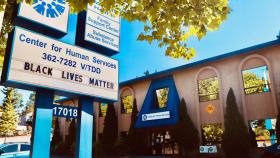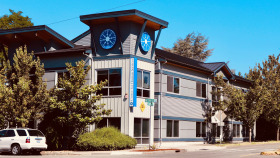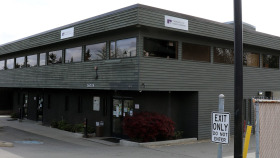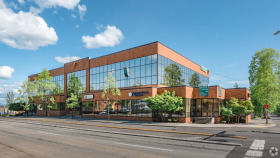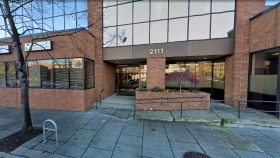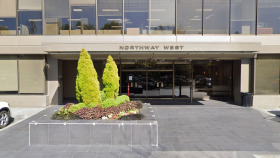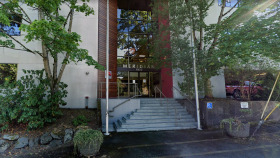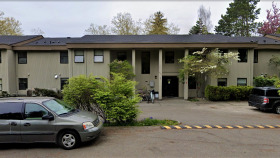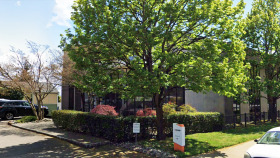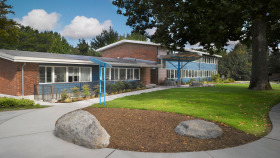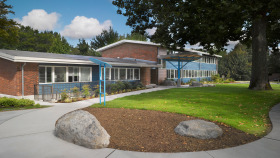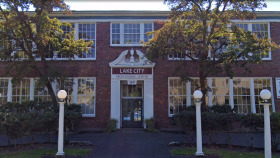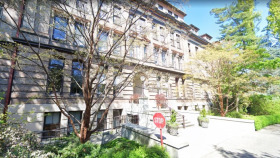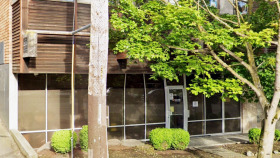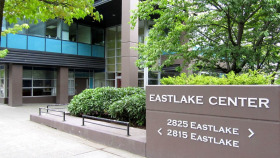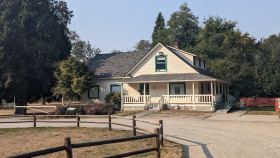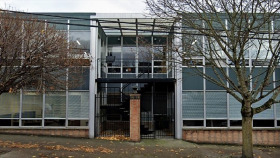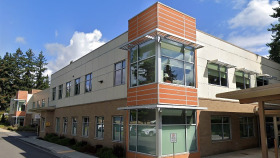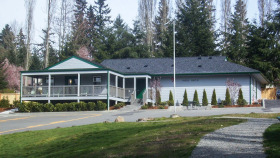Alcohol and Drug Use Statistics in Shoreline, WA
Since 2019, the number of drug and alcohol overdose deaths in King County has continued to rise, growing by 20% between 2019 and 2020 and jumping another 39% between 2020 and 2021.2 Let’s look at some addiction statistics for alcohol and drug use in both King County and Shoreline:2,3
Shoreline Police made 46 drug arrests in 2021, down from 100 in 2020 and 141 and 2019.
There were 20 DUI arrests made in Shoreline in 2021, down from 52 in 2020.
- By December 6, 2022, King County had reported 862 drug or alcohol overdose deaths, surpassing the total number of deaths in 2021.
- Fentanyl was involved in 68% of those overdose deaths.
- Methamphetamine was involved in 51% of the deaths.
Levels of Substance Abuse Treatment
Washington residents have varying needs for substance abuse treatment. Multiple levels of addiction treatment are available to meet those needs.
Detox
The detox process safely clears your system of all drugs and alcohol. This initial step takes place in a hospital or inpatient setting, where medical personnel can supervise and make you comfortable during withdrawal.
Residential or Inpatient
Residential treatment typically involves group and individual therapy, family therapy, medication, and other recreational therapy methods. Participants receive these treatments while living at a facility under 24/7 supervision.
Partial hospitalization programs (PHPs)
PHPs are less intensive than inpatient, because you only remain at the facility during treatment times. Methods of treatment usually involve some of the same methods used in residential care.Intensive Outpatient Programs (IOPs)
IOPs provide several hours of treatment spread throughout the week. This often includes individual and group therapy. Washington residents may transition to IOPs after completing a residential or PHP program.
Standard Outpatient
Standard outpatient programs involve two or three hours of care per week. This treatment typically takes place at an outpatient clinic or at a therapist’s office. This level of care is appropriate for individuals who are highly motivated and have strong support systems.
Aftercare
Aftercare includes supportive, ongoing treatment such as 12-step groups, transitional housing, or other accountability groups. The aim of this support is relapse prevention.
How to Pay for Drug Rehab in Shoreline, Washington
Private Insurance
The Mental Health Parity and Addiction Equity Act requires all insurance providers to cover substance abuse treatment to some extent. Since each plan differs regarding specific coverage, Washington residents must check with their provider to confirm exactly what is covered under their plan.
Washington Medicaid
Washington Medicaid is a government program for low-income residents that provides health coverage for individuals and families whose income is below specific levels. To use this program, residents must qualify and apply for Medicaid coverage, and the treatment facility must accept Medicaid as a method of payment.
Washington Medicare
Medicare is a government program that provides health insurance coverage for Washington residents aged 65 or older and individuals with certain disabilities. Not all rehab facilities accept Medicare as a payment method, so it’s important to research each program to determine if Medicare benefits will apply to their services.
Sliding Scale Rehabs
Sliding scale rehabs allow Washington residents to pay only what they can afford for treatment, based on their income. To qualify, residents must usually provide proof of income.
TRICARE in Washington
TRICARE in Washington (West region) provides health insurance coverage for U.S. military personnel, veterans, and their families. This coverage includes addiction treatment services, but not all plans offer the same amount of coverage.
IHS-Funded Drug Rehabs
Indian Health Service (IHS) rehabs provide free or low-cost treatment for Native Americans and Native Alaskans. This program is available even if the individual has other methods they could use for payment.
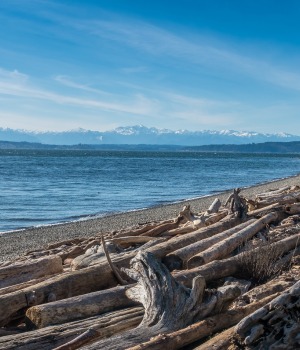
Getting to and Around Shoreline, WA
If you are looking for an inpatient, outpatient, or detox facility in the Seattle area, a Shoreline drug or alcohol rehab could be a good option for you. While there are many ways to pay for a Shoreline drug or alcohol rehab, if you qualify, free options are often available.
Here are some helpful tips about Shoreline, whether you’re considering getting addiction treatment at a rehab there or visiting someone who is in treatment:
- Shoreline is about 40 miles away from Sea-Tac International Airport in Seattle.
- If you’re looking to use public transportation to get around town, Shoreline is served by Metro Transit and Community Transit bus lines. Each bus line will take you to a different region, including Snohomish County and Seattle.
- SoundTransit provides light rail service to Seattle and the airport.
- If you want a more scenic ride, you can take a ferry across Puget Sound to downtown Seattle.
- Shoreline offers bicycle-specific lanes throughout the city and specific signage to help guide you to your destination.
- Check out the stunning views of Puget Sound, and enjoy beach access and nature and hiking trails.
- Shoreline features more than 25 public art pieces, including banners, murals, and permanent sculptures.
- There are many budget-friendly hotel options in the Shoreline area.
Washington Drug and Alcohol Laws
Laws in Washington include the following regulations regarding substance use and misuse:1,2,3
Drug Courts: Washington residents who are charged with a first-offense, non-violent substance-related crime that does not involve DUI may be eligible to attend court-ordered rehab instead of serving jail time.
Good Samaritan Law: Washington’s Good Samaritan Law is designed to encourage people to call for medical assistance during an overdose. The law protects those who call 911 from prosecution for minor drug-related charges.
Naloxone Access: Washington state laws allow anyone at risk of drug overdose or who may be in a position to help someone experiencing an overdose to obtain and administer naloxone. Additionally, doctors may prescribe naloxone directly to an organization such as a homeless shelter, and some pharmacies can dispense naloxone to individuals without a prescription.
DUI Laws: In the state of Washington, the following drug paraphernalia is illegal, and possession of it is considered a misdemeanor punishable by up to 90 days in jail and a $1,000 fine.
- Cocaine spoons or vials
- Scales and balances
- Hypodermic needles or syringes
- Equipment used to test strength and purity
- Kits to process or manufacture illicit substances
- Chemicals used for cutting or diluting illicit substances
- Mixing devices
- Packaging equipment
- Pipes
Marijuana Laws: Marijuana is legal for both medical and recreational use in Washington. Adults 21 years and older can legally possess up to one ounce of cannabis, 16 ounces of marijuana-infused solid product, or 72 ounces in liquid form. All marijuana must be purchased from a state-licensed facility and consumed on private property. Driving under the influence of marijuana is illegal and punishable by jail time, license suspension, a $3,500 fine, insurance premium increase, and ignition interlock requirements.
Resources
- King County. (2022). Overdose data dashboards.
- King County, (2022). 2022 Overdose Death Report.
- City of Shoreline. (n.d.). City of Shoreline Annual Police Service Report 2021.

